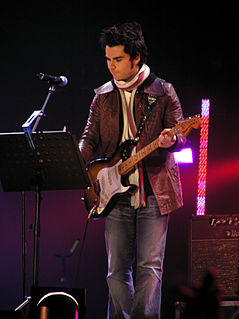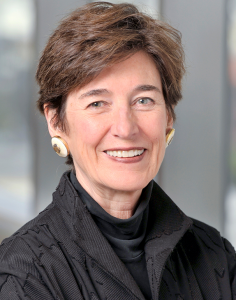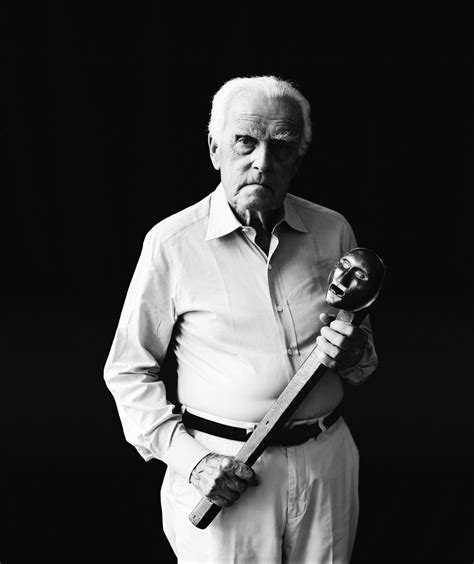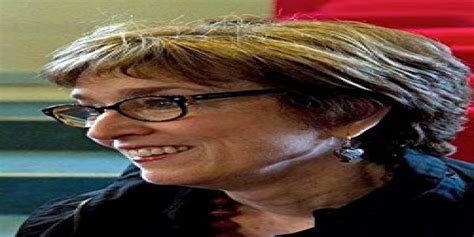A Quote by Tyler Perry
I know that my audience is largely women, so what I try to do a lot of times is address their issues.
Related Quotes
If you address yourself to an audience, you accept at the outset the basic premises that unite the audience. You put on the audience, repeating cliches familiar to it. But artists don't address themselves to audiences; they create audiences. The artist talks to himself out loud. If what he has to say is significant, others hear & are affected.
It's important in our role as leaders that we use the platform to address issues, to address barriers, to identify best practices for overcoming these challenges with businesses small and large. Maybe there are some public policy issues that we need to address. Maybe some of them are at the federal level and some are at the state or local level.
I understand that I have many, many friends who are women who understand Planned Parenthood better than you or I will ever understand it. And they do some very good work. Cervical cancer, lots of women's issues, women's health issues are taken care of. I know one of the candidates, I won't mention names, said, "We're not going to spend that kind of money on women's health issues." I am. Planned Parenthood does a really good job at a lot of different areas. But not on abortion. So I'm not going to fund it if it's doing the abortion.
I think it's really important to champion stories from trans women and trans women of color. That demographic has gone unheard and unsupported for so long, and it's really the community that's struck the hardest by a lot of issues. I try to do a lot of work to champion trans feminine issues and stories, but that said, I do have a personal and deep investment in seeing trans masculine stories reflected in culture. It is a little disappointing to me that trans men and trans masculine people have not really been part of this media movement that we're experiencing right now.




































